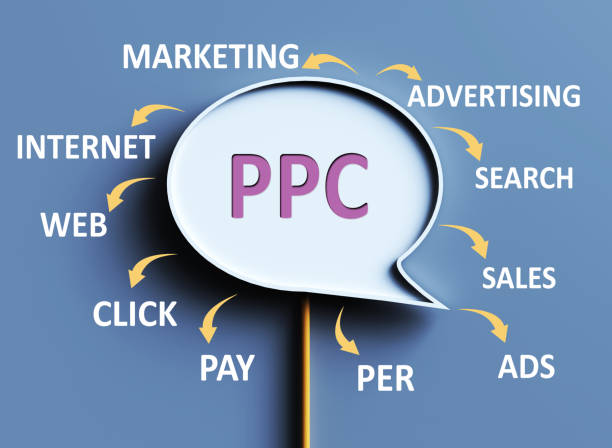Voice Search Optimization is becoming an essential strategy for marketing agencies in this digital era. With the rise of voice-activated devices, businesses must adapt their marketing strategies to ensure visibility. By focusing on this key trend, agencies can help their clients achieve better results in search rankings.
Why Voice Search Matters for Marketing
The number of voice search users has significantly grown, making it a critical channel for businesses. Customers rely on voice search for convenience and speed. For marketing agencies, ignoring this shift means missing out on valuable opportunities to connect with potential customers.
How to Approach Voice Search Optimization
Understand How Voice Search Works
Voice search involves spoken queries, which differ from traditional typed searches. Voice queries are typically longer and conversational, reflecting how people speak naturally. Marketing agencies should focus on optimizing for long-tail keywords that mimic these natural phrases.
Focus on Local SEO for Better Results: Voice Search Optimization
Voice searches often have local intent, such as “Where is the nearest coffee shop?” For marketing agencies, tailoring strategies to include local SEO is vital. Ensure that your client’s business is listed on Google My Business and other directories to improve visibility.
Create Conversational Content: Voice Search Optimization
Content designed for voice search should sound natural. Use question-and-answer formats to align with common voice queries. Agencies should emphasize creating content that addresses customer needs directly and concisely.
Key Strategies for Voice Search Optimization
Optimize for Mobile Devices
Most voice searches happen on mobile devices. Ensure that client websites are mobile-friendly with fast loading speeds. A responsive design improves the user experience and boosts search engine rankings.
Leverage Schema Markup
Schema markup helps search engines understand the content of a website better. Adding structured data makes it easier for voice assistants to extract relevant information. Agencies can use this technique to increase the chances of their clients appearing in voice search results.
Emphasize Natural Language
Since voice search users speak rather than type, optimizing for natural language is critical. Include keywords in a way that mimics regular speech. Agencies should also anticipate common questions customers might ask and address them in the content.

Measuring the Impact of Voice Search Optimization
Monitor Voice Search Analytics
Track voice search traffic using analytics tools. Understand how users interact with the content and adjust strategies accordingly. This data can provide insights into which areas need improvement.
Evaluate Conversion Rates
Voice search often leads to high-intent queries, which can result in better conversions. Monitor these rates to measure the effectiveness of your voice search optimization efforts.
Common Mistakes to Avoid
Ignoring Long-Tail Keywords
Focusing only on short keywords can limit the success of voice search optimization. Agencies should research and include long-tail phrases that reflect how people ask questions verbally.
Overlooking Mobile Optimization: Voice Search Optimization
A website that is not mobile-friendly will struggle to perform well in voice searches. Agencies must prioritize mobile optimization to ensure a seamless user experience.
Neglecting Local SEO: Voice Search Optimization
Voice searches often include phrases like “near me,” making local SEO a critical component. Ignoring this aspect can result in missed opportunities for local businesses.
Conclusion: Voice Search Optimization
Voice Search Optimization is a game-changer for marketing agencies. By focusing on conversational content, local SEO, and mobile optimization, agencies can help their clients gain a competitive edge. As voice search continues to grow, adopting these strategies ensures long-term success in the ever-evolving digital landscape.








